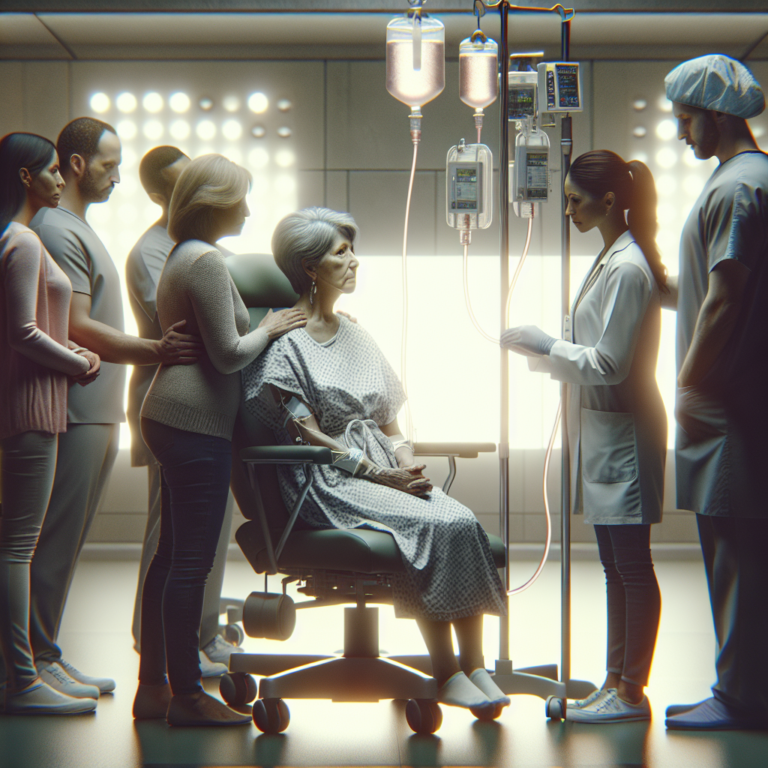Unlocking Medical Breakthroughs: Why Clinical Trials Matter

In July 2015, a routine CT scan revealed a concerning spot on Judith Goldring’s pancreas, leading to a life-altering diagnosis of pancreatic cancer. Initially thought to be operable, further examination at the Memorial Sloan Kettering Cancer Center (MSKCC) uncovered that the cancer had unfortunately spread to her liver. Judith’s journey illustrates the challenges and resilience faced by those battling this aggressive disease.
The Start of a Tough Journey
Following her diagnosis, Judith began treatment under the guidance of Dr. Maeve Lowery at MSKCC. She participated in a phase I/II clinical trial involving standard chemotherapy drugs, gemcitabine and Abraxane, as well as the experimental drug M402. The regimen included self-administered daily shots, which came with significant side effects, including extreme fatigue and a constant feeling of malaise.
- Initial Treatment Success: After six months, the tumors on her liver and pancreas shrank significantly.
- Change in Treatment Plan: Unfortunately, a CT scan in March 2016 indicated that the cancer had regrown, necessitating a shift in her treatment protocol.
Seeking New Hope Through Clinical Trials
With her treatment plan needing adjustment, Judith transitioned her care to Dr. Allyson Ocean at Weill Cornell Medical Center. Dr. Ocean recommended Judith for a phase II clinical trial at the University of Pennsylvania, led by Dr. Kim Reiss Binder. This trial, originating from Johns Hopkins, aims to evaluate the safety of a combination therapy for advanced pancreatic cancer patients who have undergone prior chemotherapy.
- Study Details: The trial tests a regimen that includes cyclophosphamide, GVAX pancreas vaccine, CRS-207, and nivolumab.
- Treatment Commitment: Judith travels to Philadelphia every three weeks for continued treatment, which is expected to last for five months.
So far, Judith has completed the first cycle of treatment, reporting manageable side effects, although the drug combination will evolve as she progresses into the third cycle.
A Legacy of Strength
Judith’s narrative is not just about her personal fight against cancer; it highlights the importance of clinical trials in expanding treatment options for future patients. Her determination and participation in research have contributed valuable knowledge to the medical community.
In remembrance of Judith’s courageous battle and the insights she provided, we extend our heartfelt condolences to her family. Her story serves as an inspiration for many navigating similar paths.
For those looking to explore clinical trials, you can learn more about finding opportunities that may be right for you. Discover more here.






